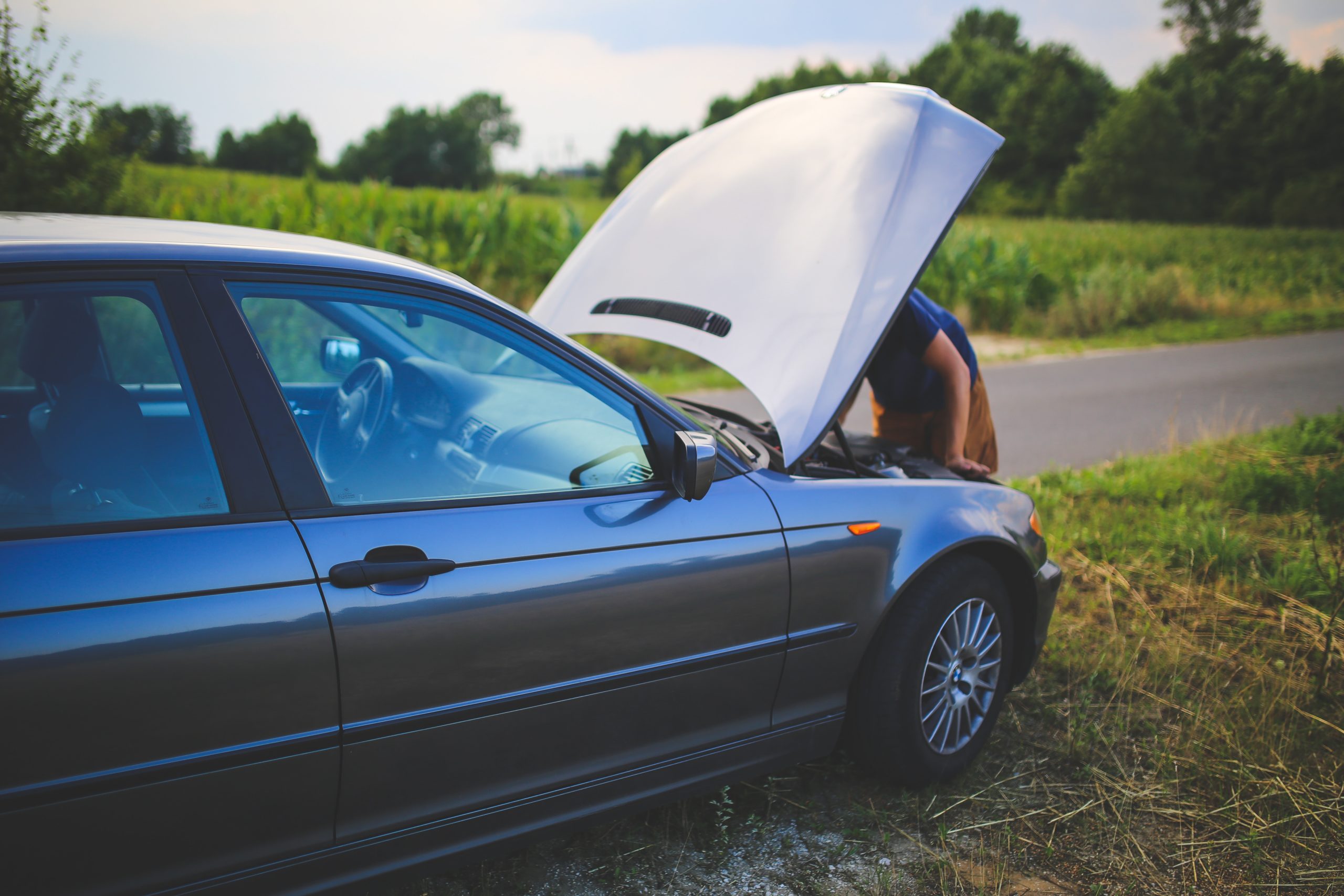
Free Consultation(203) 447-0000

Free Consultation(203) 447-0000

Tragically, 10% of all pedestrian fatalities each year in the United States happen on the Interstate Highway System. In just the last six weeks in Connecticut, state police have reported that at least four people have been killed and two people have been seriously injured after exiting their disabled cars and being struck by another vehicle on a state highway. This startling statistic is indicative of a growing problem in our state, as the number of people who have been killed while outside a disabled vehicle has almost doubled in the last two years.
State Police Trooper First Class Sarah Salerno reported to CT Insider that people who break down on the highway can mitigate the risk to themselves and others by remaining in the disabled car because of the car’s safety features designed to protect occupants during a crash. Salerno explained that unless there is a hazardous condition like smoke, fire, or fumes, people who break down on the highway should remain in their car with their seat belt fastened, put on their hazard lights, and call 911 to let state police know their location and whether they need a trooper or some other kind of assistance, such as a tow truck.
The Connecticut Department of Transportation spokesperson, Shannon King, also highlighted the role drivers who are not broken down can assume to minimize the risk to people who are broken down. King advises drivers to eliminate distractions, not use their cellphone, and never drive impaired or while too tired. King suspects the increase in disabled vehicle deaths is due to people becoming more prone to speeding and exhibiting other bad driving behaviors as a result of the pandemic. During the pandemic, there was decreased traffic due to less people commuting and some drivers still on the road began driving faster and more dangerously, and have not since changed that behavior.
AAA recommends that you take the following steps to protect yourself if your vehicle becomes disabled on the highway:
If you or a loved one have experienced an injury involving a disabled vehicle, or any kind of motor vehicle collision, you should reach out to an attorney right away. Contact the experienced attorneys at Berkowitz and Hanna, LLC if you have questions about your legal rights following an injury of this nature in Connecticut. To schedule a free, no-obligation consultation, call or contact us online today.
Berkowitz Hanna
